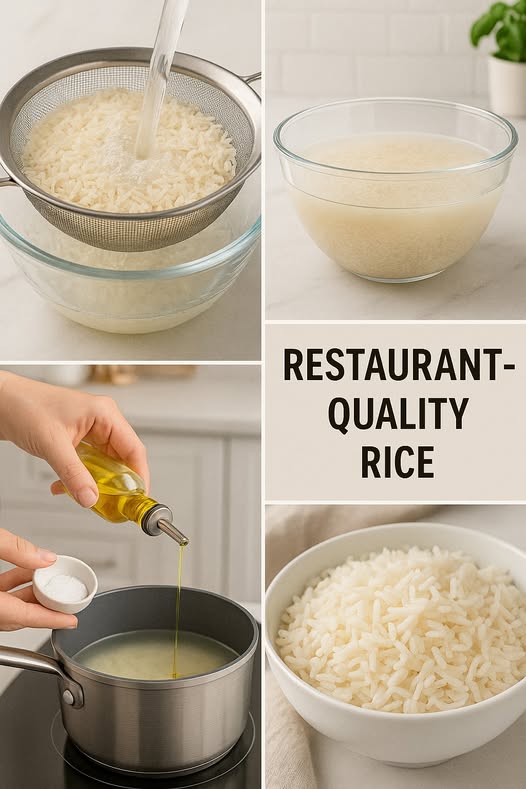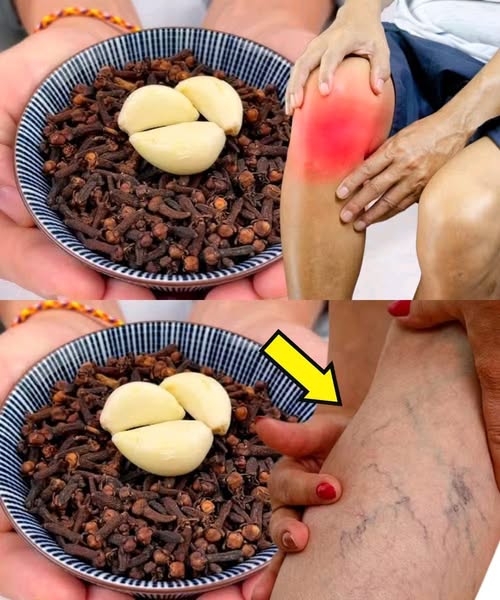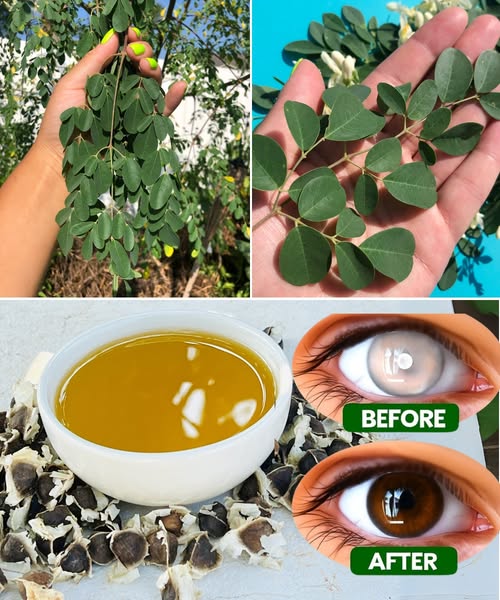Introduction: Why Your Rice Never Tastes Like Hotel Rice (And How to Fix It)

You’ve followed the instructions. You’ve rinsed the rice, added water, and even measured it down to the milliliter. But somehow, your rice still turns out bland, mushy, or worse—stuck to the bottom of the pot. Meanwhile, restaurants and luxury hotels serve rice that’s perfectly fluffy, aromatic, and unforgettable.
What’s their secret?
Here’s the truth: Hotels don’t just use water to cook rice. That’s the big mistake home cooks make. There’s a little-known method professionals use that instantly elevates rice from average to exceptional. It’s time to learn the insider technique that can change how you cook rice forever.
In this blog, we’ll uncover the hotel industry’s rice-cooking secrets, explore why water alone isn’t enough, and show you how to make perfect rice every time using ingredients you probably already have. Along the way, we’ll answer your top questions and share proven strategies that improve flavor, texture, and nutritional value—and turn your kitchen into a five-star experience.
Body: The Secret Hotels Don’t Want You to Know (But We’ll Tell You!)
1. Why Using Only Water is a Culinary Mistake
Let’s face it: Rice is a staple in billions of households. But for something so common, it’s often poorly made. That’s because people think water is all you need. But water is just a carrier—it doesn’t enhance taste or aroma.
Here’s why this matters:
- Flavors in water are neutral.
Boiling rice in plain water does nothing to enhance its natural flavor. - Rice absorbs what it’s cooked in.
Like a sponge, rice soaks up the liquid it’s cooked in. So if you’re only using water, you’re missing out on an opportunity to infuse flavor.
Hotels enhance their rice with add-ins like:
- Broths (chicken, vegetable, beef)
- Coconut milk
- Aromatics (bay leaf, cardamom, star anise)
- Butter or ghee
- Salt and a touch of oil
2. The Proven Hotel Method: What They Actually Do
Hotels follow a precise strategy. Here’s the step-by-step formula they swear by:
Step 1: Rinse the Rice Thoroughly
Rinse until the water runs clear. This removes surface starch and prevents gumminess.
Step 2: Soak for 20-30 Minutes
Soaking ensures even cooking and fluffier grains.
Step 3: Use a Flavor-Infused Liquid
Replace water with:
- Stock or broth (for depth)
- Coconut milk (for creaminess and sweetness)
- Herbal tea (like jasmine for aroma)
Add a pinch of salt and a tablespoon of oil or butter.
Step 4: Cook with Aromatics
Hotels add:
- 1 bay leaf
- 2 cloves
- Cardamom pods
- Cinnamon stick
These elevate the aroma and add subtle complexity.
Step 5: Steam, Don’t Stir
Once boiling, cover tightly, reduce to low, and do not stir. Steam gently until done.
Step 6: Fluff with a Fork
Never mash. Fluffing helps separate grains and maintain texture.
3. The Ingredients That Make All the Difference
Hotels understand that small tweaks bring big flavor. Here are game-changing ingredients that make rice unforgettable:
| Ingredient | Purpose |
|---|---|
| Stock/Broth | Rich umami, layered flavor |
| Coconut Milk | Sweet, creamy texture |
| Butter/Ghee | Silky, glossy finish |
| Bay Leaf & Spices | Aromatic sophistication |
| Salt (measured) | Balanced flavor |
| Lemon Juice or Vinegar (1 tsp) | Light acidity for fluffier rice |
4. FAQs: Rice Mastery Starts Here
Q1: Why does my rice always come out sticky or mushy?
Sticky rice often comes from excess starch or too much water. Always rinse thoroughly and measure liquids accurately—use a 1:1.5 ratio for long-grain rice.
Q2: Can I use bouillon cubes instead of broth?
Yes! Dissolve a bouillon cube in hot water as a flavorful substitute. It’s budget-friendly and effective.
Q3: Should I add oil or butter before or after cooking?
Add during cooking. It coats the grains and prevents sticking. For a glossy finish, add a little extra butter after cooking.
Q4: Is soaking necessary?
Absolutely. Soaking reduces cooking time, enhances texture, and leads to even cooking.
Q5: What’s the best rice for flavor?
Basmati and jasmine rice are preferred in hotels due to their aromatic profiles and long grains.
Q6: How can I cook rice in bulk for guests without drying it out?
Use the hotel trick: After cooking, keep the rice covered with a damp towel in a warm oven (around 60°C / 140°F). This keeps it moist for hours.
5. Surprising Statistics You Didn’t Know About Rice Cooking
- More than 60% of home cooks admit they struggle to cook rice perfectly, according to a 2021 consumer food survey.
- A hospitality culinary report revealed that 85% of 5-star hotels use flavored liquid bases in rice dishes instead of plain water.
- Google Trends shows a 33% spike in rice flavor enhancement searches post-pandemic, as home chefs aim to replicate restaurant-quality meals.
6. Transform Your Meals: Hotel-Worthy Rice Recipes
a. Golden Butter Rice
- 1 cup basmati rice
- 1.5 cups chicken broth
- 1 tbsp butter
- 1 bay leaf, 1 clove, 1 cinnamon stick
- Pinch of turmeric (for color)
Result: Aromatic, rich, and perfectly yellow rice—pairs well with grilled meats.
b. Coconut Jasmine Delight
- 1 cup jasmine rice
- 1 cup coconut milk + 0.5 cup water
- Salt to taste
- 1 tsp sugar (optional)
Result: Creamy and subtly sweet—ideal with seafood or Thai dishes.
c. Mediterranean Lemon Herb Rice
- 1 cup long grain rice
- 1.5 cups vegetable broth
- Zest of 1 lemon
- Fresh parsley and dill
Result: Fresh, zesty rice—great for roasted vegetables or lamb.
7. Common Mistakes to Avoid (Even Pros Slip Up!)
- Using too much liquid: Leads to soggy rice.
- Skipping the soak: Causes uneven cooking.
- Lifting the lid during cooking: Ruins steam cooking.
- Stirring while cooking: Breaks the grains and creates mush.
- Not salting the liquid: Makes rice taste bland—even if your dish is flavorful.
Conclusion: Unlock the Secret to Hotel-Quality Rice in Your Own Kitchen
Rice doesn’t have to be boring, bland, or botched. By avoiding the common mistake of using only water and following the simple hotel-approved strategies, you’ll elevate every meal you serve. Whether you’re prepping a weeknight dinner or impressing guests, the power to cook perfect, restaurant-style rice is now in your hands.
Remember this key takeaway: Rice absorbs what it’s cooked in. So make every drop count. With flavor-rich broths, simple aromatics, and just a touch of fat, your rice will never be the same again.


